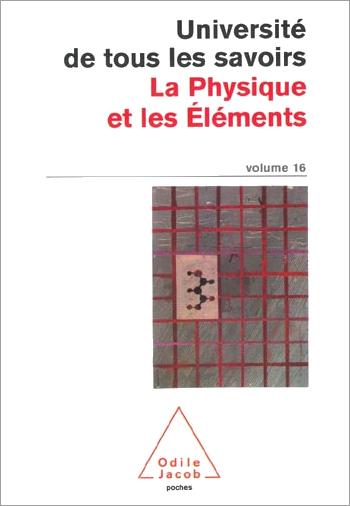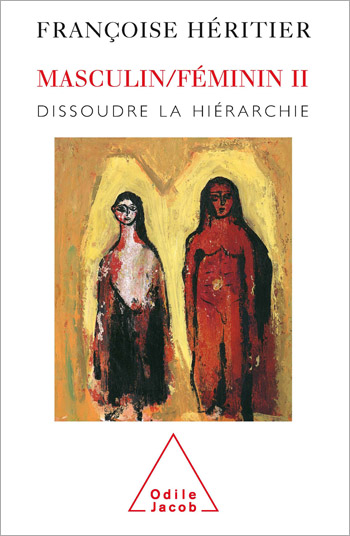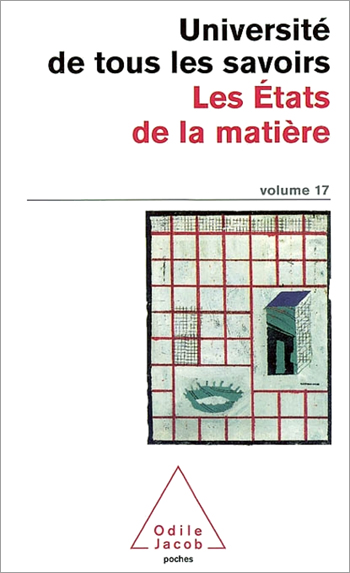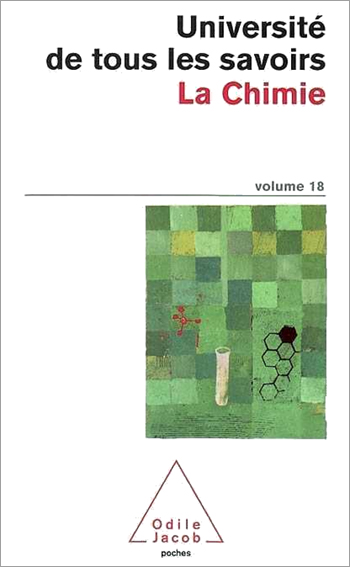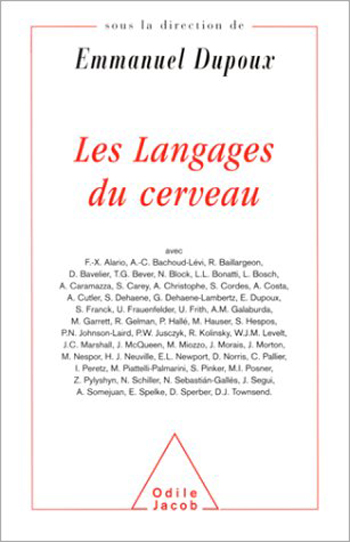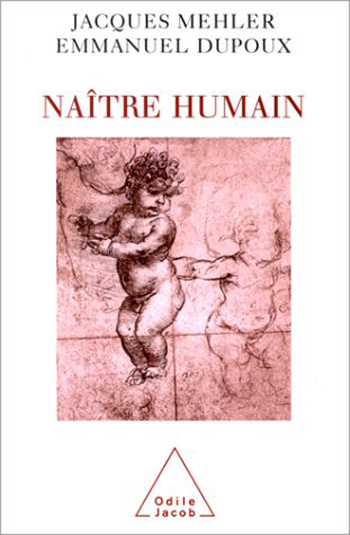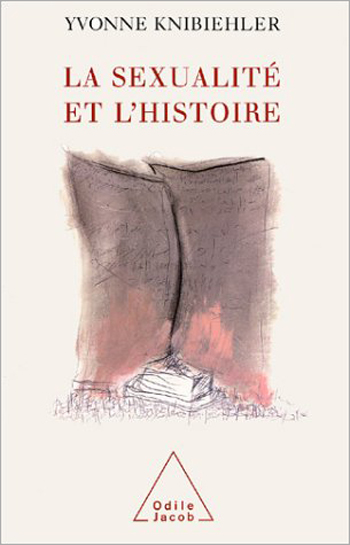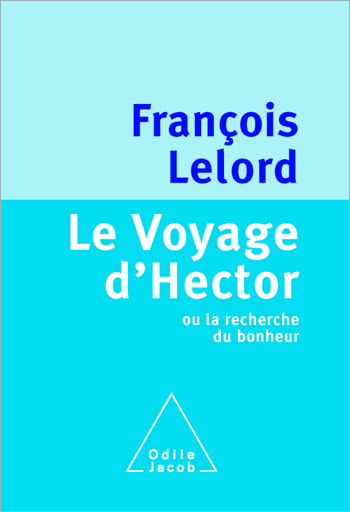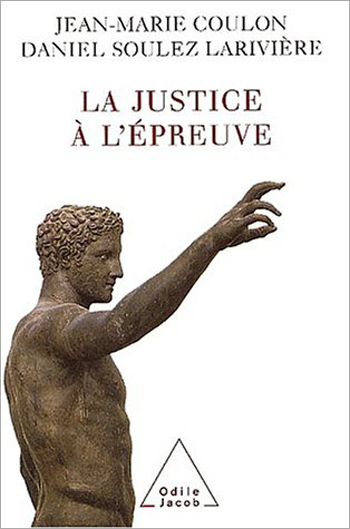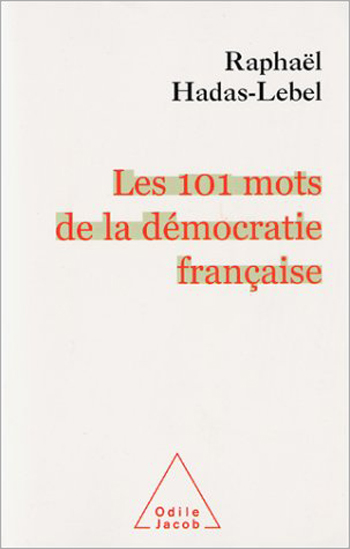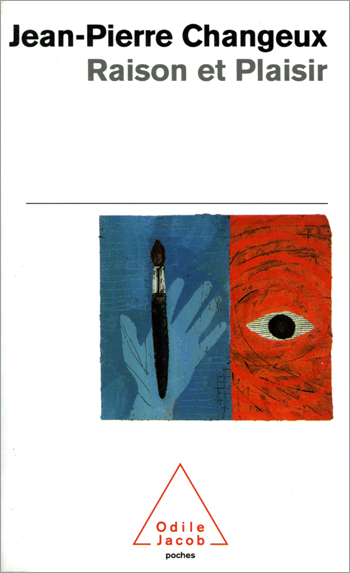Catalog All books
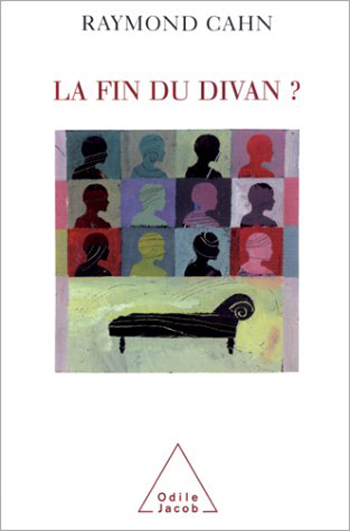
Raymond Cahn
The End of the Couch ?
Why do psychoanalysts refuse to review their methods, while simultaneously recognising that life-styles have evolved and that new pathologies have come into existence? Why, for example, do they remain devoted to the psychoanalysts couch, while realising that certain cures are at a dead-end? This is a controversial work on the challenges facing psychoanalysis a field that had its hour of glory in the 1960s but has since been somewhat discredited. Raymond Cahn is a psychiatrist and psychoanalyst.
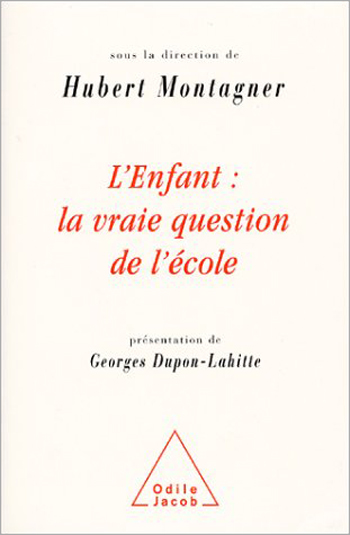
Hubert Montagner
The Child : The Real Question of Education
This ambitious work aims to provide a comprehensive view of the mechanisms, processes, influences, factors, and past and present events that may keep children from constructing, structuring or mobilising their abilities in an academic environment, and from acquiring new abilities and successfully constructing the required learning skills. In the struggle against academic failure, the main tool is understanding the child better. In order to do this, it is essential to base educational practice on the most recent knowledge.
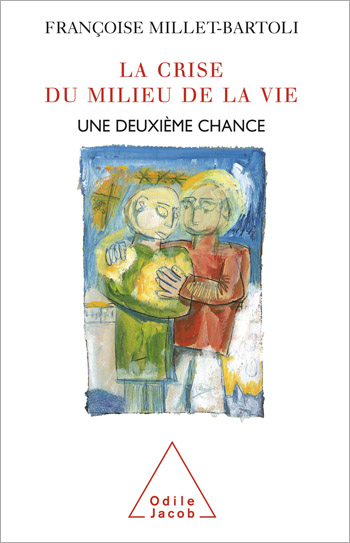
Françoise Millet-Bartoli
Mid-Life Crisis A Second Chance
In France, the notion of a mid-life crisis remains relatively little known. And yet, just like childhood and adolescence, mid-life is a specific age characterised by a distinctive psychology and, sometimes, psycho-pathology. This often-feared time of life, governed by major personal changes, can also be a period of true rebirth if the mid-lifer learns how to deal with the changes, by being informed and knowing how to react. This book focuses on what mid-lifers can do to live in greater harmony with themselves. Françoise Millet-Bartoli is a psychiatrist and psychotherapist and teaches at the medical faculty of Toulouse.
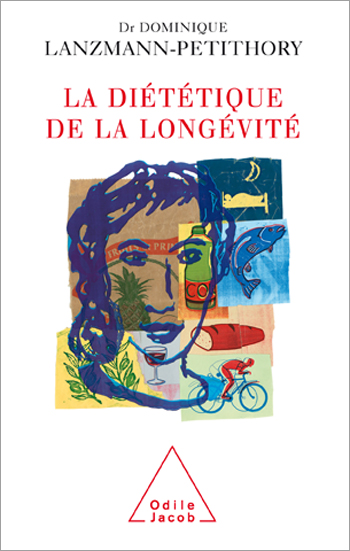
Dominique Lanzmann-Petithory
Nutrition for a Long Life
A long life is built gradually from early childhood. But regardless of ones age, it is never too late. Longevity is not only a question of genes: most of us are capable of living in good health for a long time. But how? The answer, according to Dominique Lanzmann-Petithory, is by eating healthily and following some basic health rules. This practical manual will allow each reader to find and maintain his or her maximum energy and, above all, to learn the arts of eating and living. Dominique Lanzmann-Petithory is a physician.

John Lukacs
Five Days in London: May 1940
The days from 24 to 28 May 1940 significantly altered the course of the history of the past century. When German troops reached the Atlantic coast, the British counterattack resulted in the disaster of Dunkirk. Europe was on its knees. Britain seemed powerless. For several critical days, at 10 Downing Street, the British cabinet debated whether to negotiate or to continue the war against Hitler. And if the war was to be continued, how would it be fought? What hope was left? Lukacs takes us into the crucial unfolding of these five days that changed history. The events described here provide a lesson in courage as much as in politics. John Lukacs is a former professor of history at Chestnut College in Philadelphia.

